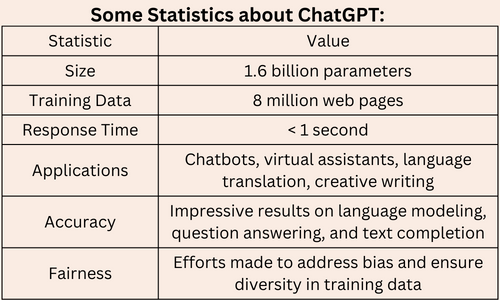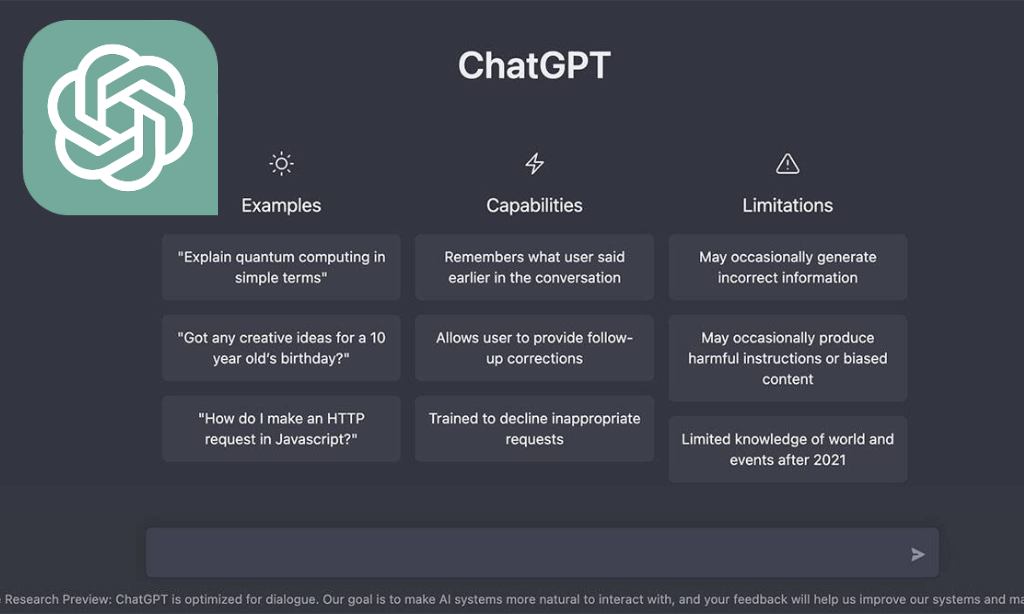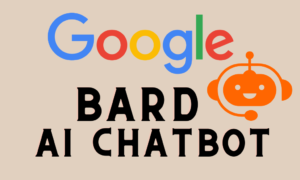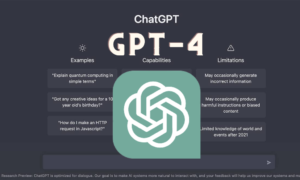Developed by OpenAI, ChatGPT is a substantial language model that generates human-like responses to a broad spectrum of inputs. This groundbreaking technology has significantly impacted the natural language processing domain, enabling more organic and intuitive communication between humans and machines.
A core attribute of ChatGPT is its capacity to comprehend the conversational context and generate pertinent, coherent replies. This is accomplished through state-of-the-art algorithms that scrutinize input and produce output anchored in a profound understanding of linguistic subtleties.
ChatGPT’s applications span various fields, such as chatbots, virtual assistants, customer support, and even imaginative writing. Its adaptability and versatility render it a vital asset for businesses and organizations seeking to automate communication processes and enhance customer experiences.
However, ChatGPT is not without its limitations, and overcoming certain challenges remains a priority. One major concern is preventing the model from perpetuating biases or stereotypes present in the training data. OpenAI is dedicated to addressing this problem, taking measures to ensure that ChatGPT is equitable and inclusive.
In summary, ChatGPT is a remarkable technology with the potential to reshape our interactions with machines. As natural language processing advances, we can anticipate the development of even more sophisticated models that expand the horizons of what is achievable.




